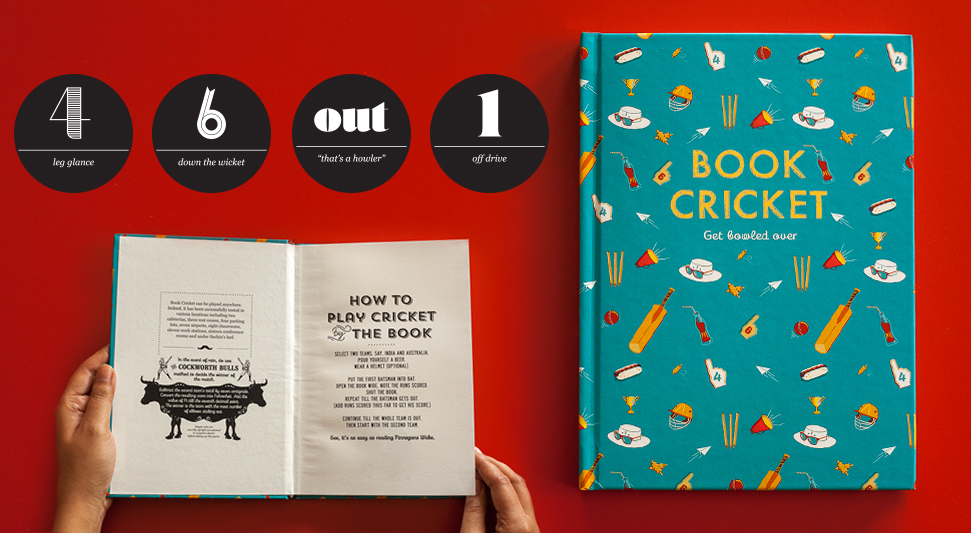Cricket is a sport that has a massive following globally, especially in countries like India. Many of us developed an interest in cricket as children, playing with friends and family. For this week’s edition of the Bowled Diaries, we’ll delve into the inspiration behind the creation of Bowled, a card-based cricket game.
As I sit down to write my first blog post for this series, I am filled with a sense of excitement and nostalgia. Growing up in India, I was a big cricket fan. In primary school, my friends and I used to play book cricket. We would open a random page and use the page number as our score. We also used to play card games of cricket, where each card would have details about a player. Those were the days when I bonded with my friends over our shared love for the game.
As I grew older, I lost touch with my friends, and my love for the game faded away. But the memories of playing cricket games and bonding with friends over this beautiful sport never left me. I remember thinking about how much fun we had and how relatable the game was to us.
In recent years, the popularity of cricket has skyrocketed with the rise of leagues like the IPL. With this surge in popularity came a slew of fantasy games promising to make money for players. However, these games lost sight of the true reason why people play games: for fun. The same thing happened with the rise of Web3 and NFTs. People started building team management games where one could buy NFTs, breed them, and sell them for profit.
I believe that this play-to-earn model takes away from the true essence of why we play games. Having spent over 10,000 hours playing video games, I know that people play games for fun, to bond with others, and to escape reality. That’s why I am building Bowled, a community-driven game that revives the love for cricket and the joy of playing with friends.
I am looking forward to the journey of building Bowled. Through this biweekly series, I hope to take you along with me on this journey and share my experiences, challenges, and insights into creating a card-based cricket game.
